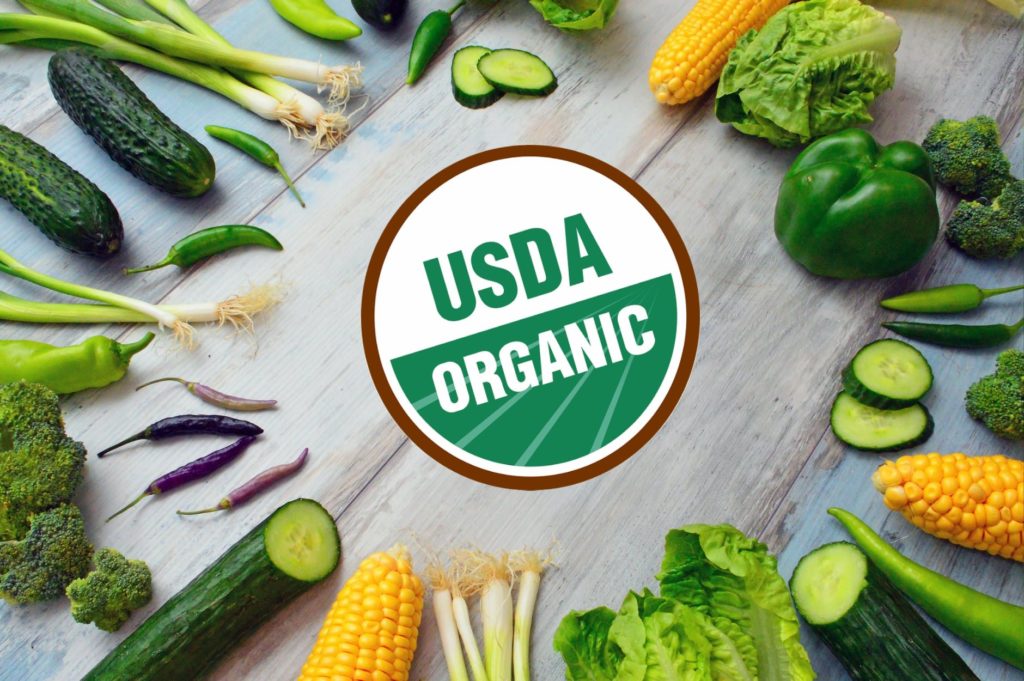When you think about eating healthy, what is the first thing that comes to mind? It probably has something to do with choosing lots of fruits, vegetables, whole grains, and protein. But while wandering the aisles of the market, another thought comes to mind that we can also make other decisions and again buy organic foods for better health without causing any harmful effects on the body.
Several studies have shown that organic foods are safer and more nutritious to consume. Not only does it give the body the proper nutrients, but it also tastes better than non-organic food. If you do not comply, organic food production is considered environmentally friendly and generous with animals.
Although organic foods cost a bit more at times, the benefits associated with them are staggering, and people are constantly switching from non-organic or processed foods to organic foods.
Table of Contents
Is Organic Food Safer?
Organic food is safe and harmless to consume; even organic products are free from pesticides, and pesticide residues are much lower in organic food. Artificial pesticides are one of the significant threats to food safety. And yet they always question the production of natural toxins produced by plants and therefore organic foods are devoid of such tactics and can offer the benefit. Since organic production kept away from various harmful pesticides, organic plants generally exude reasonable safety and reduce the risk of contamination by dangerous microbes.
Are Organic Foods More Nutritious?
Several studies have reported that organic foods filled with high levels of vitamin C, various minerals, and antioxidants. The nutrient density not only protects the body from ageing, cardiovascular diseases and cancer but is also responsible for the general diet.
Organic food currently produced. If you are also thinking about organic food choices after reading all the benefits of this fresh farm produce, here are some recommendations to help you choose the best foods. Ecological production. Let’s start then.
Look for USDA Certified Organic Products:

There are many packaging and foods on the market that claim to be organic, but the only foods that are certain to be organic marked as USDA Certified Organic. Foods with this label meet regulated criteria and are considered safe and organic. Never forget to look for this label while filling your bucket with organic produce. Identify organic products by searching for a 5-digit PLU the number that begins with a 9.
Check Nutritional Content:
Always assuming that organic is good for you is not the right thing to do. There may be certain organic food that do not suit you or cause you to suffer from various health problems. Always check the nutritional information before buying organic food. The caloric value of the foods you plan to eat is a great way to protect yourself from unnecessary trouble.
Learn How To Store Organic Food Properly:
One of the best things that distinguish organic food from others is that they do not contain preservatives. Organic produce may take a shorter shelf life, but when stored properly, you can reap the real benefits of longer shelf life.
Don’t Be Fooled By Misleading Labels:
Understanding the labels on food is the crucial point in purchasing organic. Food manufacturers are getting smarter and understand all of the technical knowledge to sell the products. Be careful with foods labelled “natural” or “organic”. The chances are that these foods contain only one or two natural or organic ingredients.
Don’t Choose Organic Over Local Products:
Local produce isn’t always organic, but they can still bring you great benefits and get you across without costing you a fortune. Mind what you want and choose local produce instead of organic food whenever possible. Watch out for the small and local farmers in your area as they use fewer pesticides than those who get bigger.
Also Read: Maintaining Good Practices: GxP, Explained

